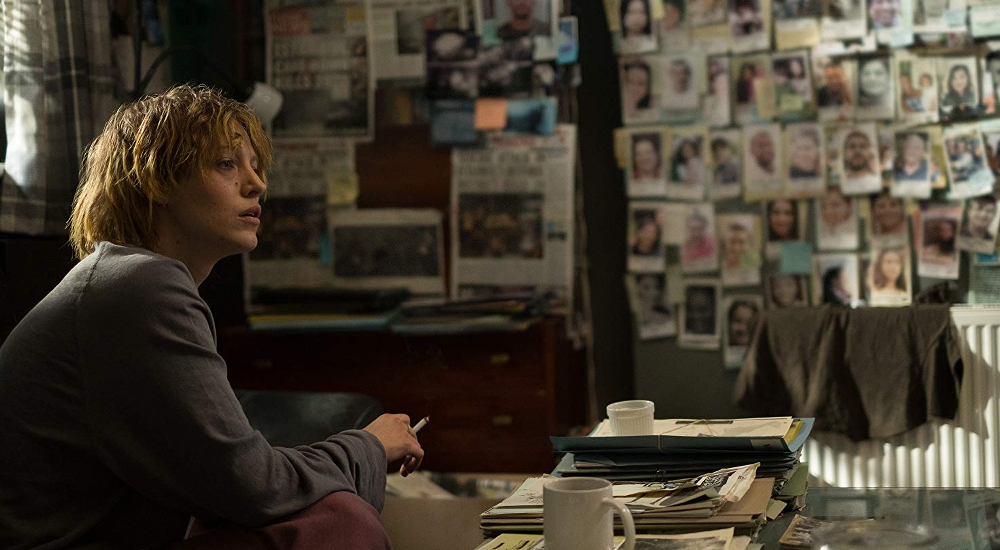The Rhythm Section isn't quite in sync. It's got strong performances and intense action sequences, but its script has a lot of failings. It would be easy to assume something got lost in translation during the adaptation, but writer Mark Burnell adapted his own novel. Still, I'm recommending the film on the strength of what it does well.
Blake Lively has become a strong actress over the last five years, after entering the decade with the likes of Green Lantern and Savages – two of the worst movies of the 2010s. Lately she's proven herself in melodramas (The Age of Adaline), action movies (The Shallows) and thrillers (A Simple Favor). Here, she plays Stephanie, a woman still reeling from the death of her family in a plane crash. She's turned to drugs and prostitution to cope. (Kudos to the make-up artists for actually making one of the most beautiful women on the planet look like she's been through hell.)
When an investigative journalist (Raza Jaffrey) contacts her, claiming the plane crash wasn't an accident, she's initially skeptical, but tracks down his ex-intelligence contact B (Jude Law) to get more answers. B forces her to detox, training her to become an assassin. The first half of the film is its strongest, providing some much-needed comic relief. Once she's out in the field, the film twists and turns a few too many times, needlessly complicating what should be a lean revenge story.
The film does unveil a final surprise, but it hasn't done enough legwork to make it feel as devastating as it should. Everyone around her is a shady murderer. It's not a huge shock when one of them turns out to be the bad guy she's been searching for.
But the film has strength in its action beats. Reed Morano (The Handmaid's Tale) often shoots in intense close-ups, and it's extremely effective here, especially during a car chase in Tangiers, with its narrow roads and steep cliffs. This isn't quite John le Carré or James Bond (which shares a producer here), but it's almost there.

